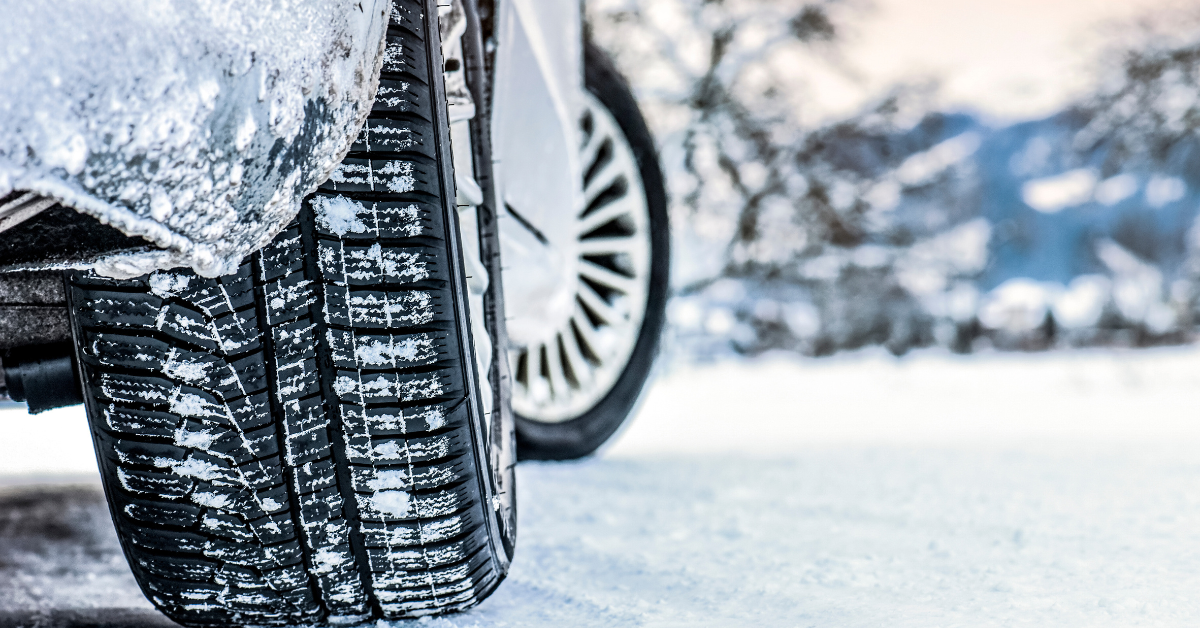Winter brings not only the beauty of snowy landscapes and the joy of the holiday season but also a host of safety challenges posed by colder temperatures and severe weather conditions. Whether it’s preparing your home for extreme cold, driving on icy roads, or dressing appropriately for outdoor activities, being well-prepared is crucial. This blog post covers comprehensive safety tips to help you and your family stay safe and enjoy the winter months without incident.
Home Safety During Winter
Preventing Heating Hazards
- Furnace Maintenance: Ensure your heating system is inspected and maintained by a professional before the onset of cold weather to prevent malfunctions and carbon monoxide leaks.
- Safe Heating Practices: Never use ovens or stoves for home heating. If using space heaters, keep them at least three feet away from flammable materials such as curtains and furniture.
Protecting Pipes from Freezing
- Insulate Water Pipes: Use insulation sleeves or wrapping to protect water pipes from freezing, particularly those in unheated interior areas like basements and garages.
- Keep the Heat On: Maintain a consistent home temperature no lower than 55 degrees Fahrenheit, even when you are away, to prevent pipes from freezing.
Fire Safety and Preparedness
- Smoke and Carbon Monoxide Detectors: Check that all detectors are functioning correctly and replace batteries as needed.
- Emergency Kit: Prepare an emergency kit with essentials such as water, non-perishable food, flashlights, batteries, blankets, and a first aid kit.
Winter Driving Safety
Preparing Your Vehicle for Winter
- Winterize Your Car: Check your vehicle’s battery, brakes, tires, and antifreeze levels. Equip your car with winter tires if you live in a snow-prone area.
- Emergency Roadside Kit: Include items such as an ice scraper, snow shovel, jumper cables, sand or cat litter for traction, road flares, and blankets.
Driving Techniques for Icy Conditions
- Reduce Speed: Decrease your speed and leave plenty of room between you and the vehicle in front of you to provide ample stopping distance on icy roads.
- Avoid Sudden Stops and Sharp Turns: Sudden changes can cause your vehicle to lose traction and slide.
- Know How to Handle Skids: If your car begins to skid, remain calm, and steer in the direction you want the front of the car to go. Avoid slamming on the brakes as it can exacerbate the skid.
Outdoor Safety in Winter
Dressing for the Cold
- Layer Your Clothing: Wear several layers of lightweight clothing to stay warm. Outer garments should be tightly woven and water repellent.
- Protect Extremities: Wear mittens or gloves, a hat, scarf, and waterproof boots to protect against frostbite.
Recreational Safety
- Snow Sports: When skiing, snowboarding, or sledding, always wear protective gear, such as helmets. Check that all equipment is in good condition.
- Awareness of Weather Conditions: Always check the weather forecast before engaging in outdoor activities. Be aware of signs of frostbite and hypothermia and know when to go indoors.
Embrace Winter with Confidence
By following these winter safety tips, you can protect yourself and your loved ones from common winter hazards. Preparation is key to dealing with winter emergencies and can make the difference between a minor inconvenience and a life-threatening situation. Stay informed, stay prepared, and enjoy the beauty and fun that winter has to offer with peace of mind.

